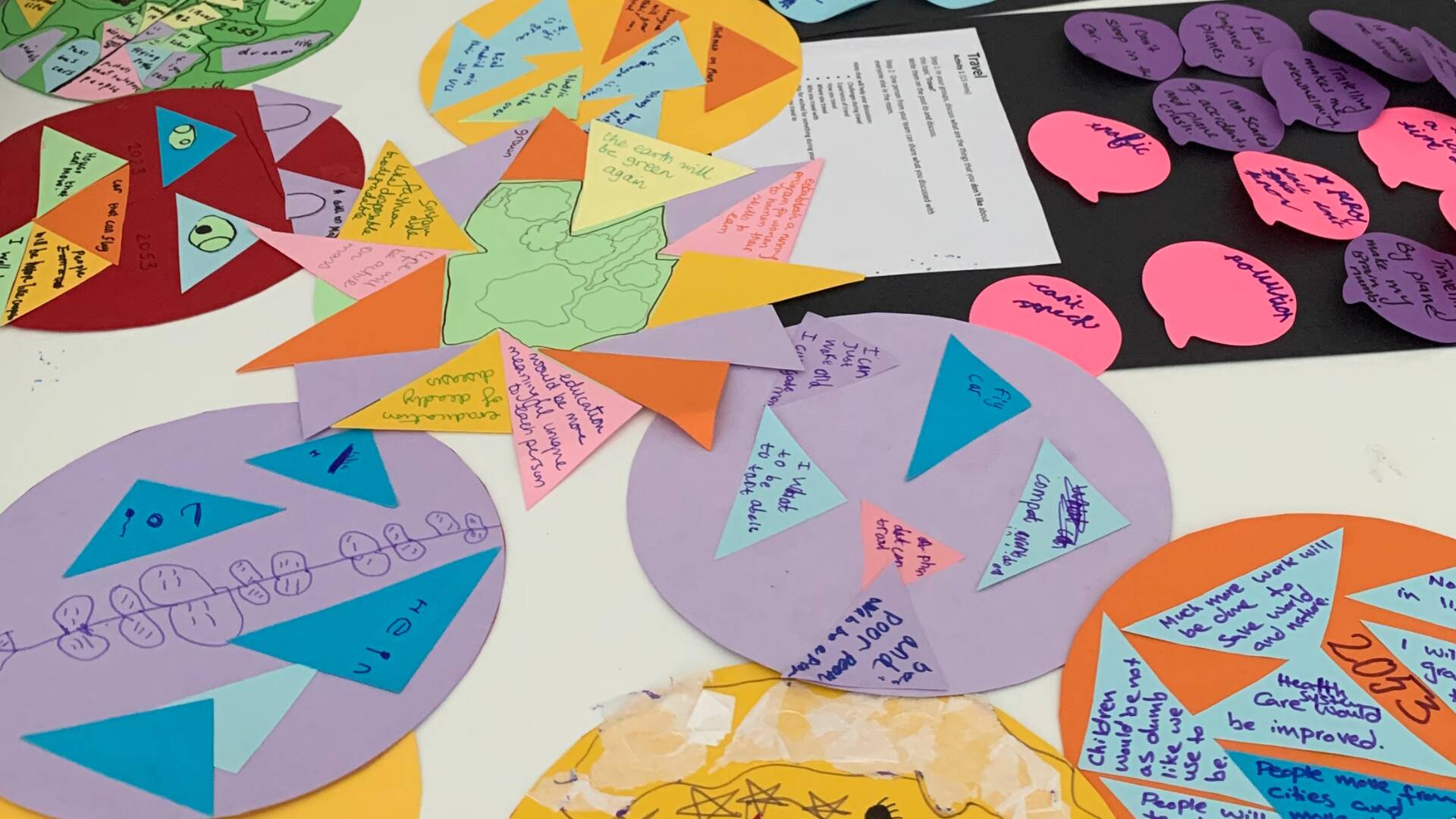
26.06.24

Self-described observer, dreamer and passionate scribbler Wuraola Young, joined these workshops. Across five blogs, Wuraola shares her experience, what she has gained from participating in CULTIVATE, and how her understanding of the climate crisis has developed through creativity and community.
“I just couldn’t do it. I just couldn’t, so I stood there immobile. It was well past 10pm and we were done clearing up to close the shop – almost – if I could just be done with this. My manager saw me frozen in place and asked what was going on.
I told him I couldn’t. Where I’m from, how I was raised, to do this is every shade of wrong.
He took the platter from me and tipped the contents into the bin. I stared at the new contents of the bin and my brain could not compute what had just happened. All that food – and more – were to be binned.
He said there was no other way, that’s how they’ve had to deal with excess every day. Everything was binned.”
I walked away from my first workshop with Vini with unexpected insights and plenty to chew on. My dear friend Fateemah had invited me, cajoling, encouraging, and even ‘bribing’ me to come along. I’d spent the past few months holed up in my house sending out job applications.
To be honest, I’d have become a couch potato if I’d allowed myself the luxury of binge-watching drama series sixteen episodes long. Maybe that was why I was a tad grumpy. No fun, no sun, and too many ‘unfortunately’ email responses from recruiters.
For some reason that day, on the bus ride to the city centre, it was as though the town had taken on a new life. Folks had shed their heavy jackets and usual dark clothes for brighter lighter ones. Summer was here and I’d almost missed it with my nose buried behind my computer. Thank God I had the sense to accept Fateemah’s invitation.
I didn’t know what to expect from the workshop, not at all. However, from the very beginning Vini engaged us in conversation that broke the ice between us strangers. The conversation about what we love about fashion, travel, and food was very telling.
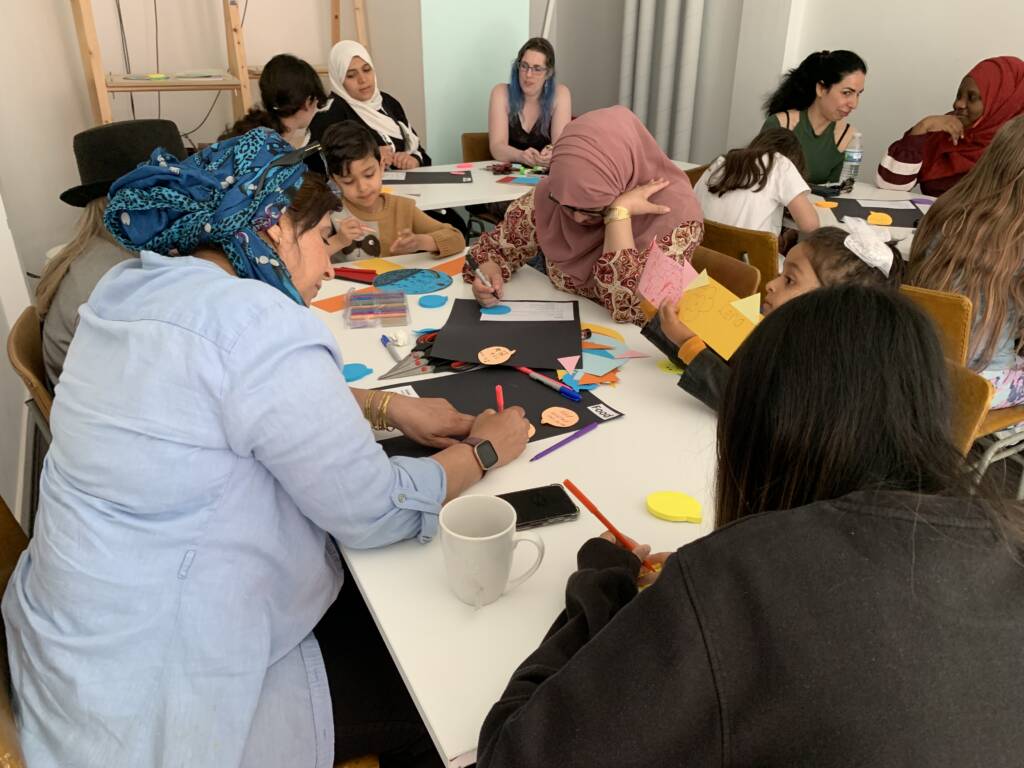
For some, it was that they love good food but the prep time was a hassle and they wished they could have a live-in chef. Others said they loved to cook for their families but often they’d end up not able to eat from the spread, rather they’d have some leftover or order online. My favourite thing about food was my memories of a monthly ritual I had with a good friend of mine.
Once every month, we’d go to a different restaurant after work. We went to the dingy local ones and the luxurious upscale ones. We explored cuisine from different cultures Chinese, Indian, Italian, American and of course unlimited varieties of Nigerian foods. We built up a long list of ‘restaurant hits’ and more importantly we have a bank of memories for a lifetime.
Most of us said we love fashion – not surprising considering we were an all-female class bar two young boys. Only a couple disliked walking from store to store to find the right item, most loved the ‘hunt’ for the perfect style and price. Younger members of the group preferred to shop online though while the older ones said they’d rather go in-store if possible.
It was interesting that travel was not a favourite for many. In my mind, I guess that may be because it comes with financial considerations. Still, the kids amongst us said it was the joy of going away to someplace different that they loved but not the long drive or flights.
Apparently, our behaviour towards food, fashion, and travel has an environmental impact.
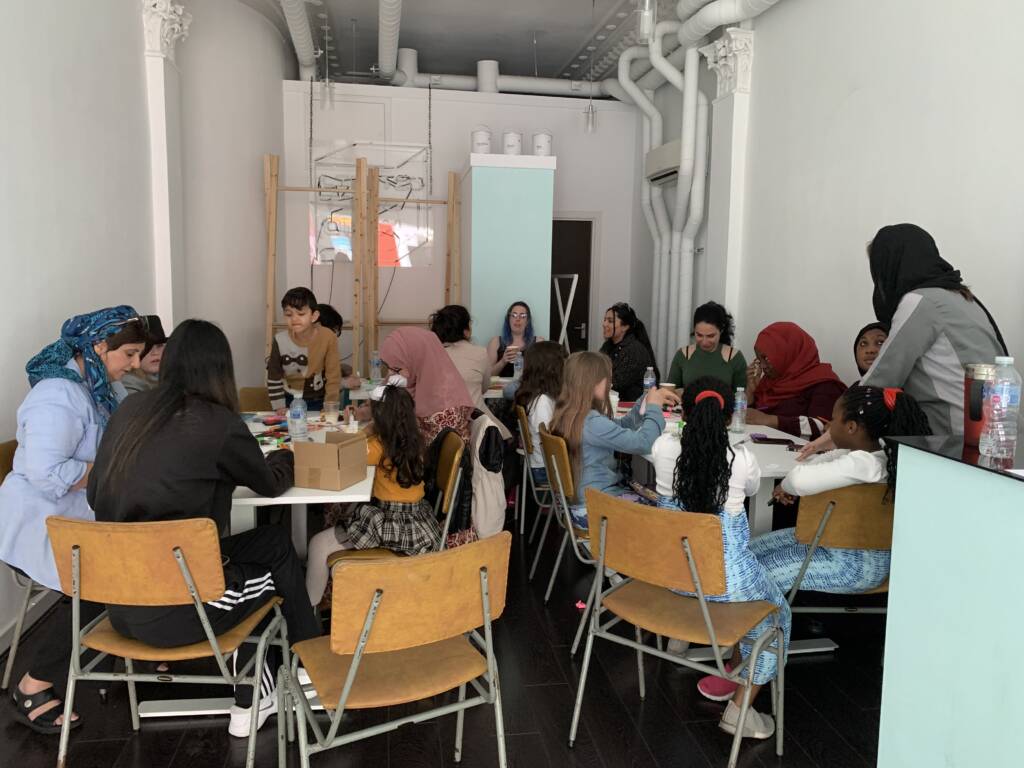
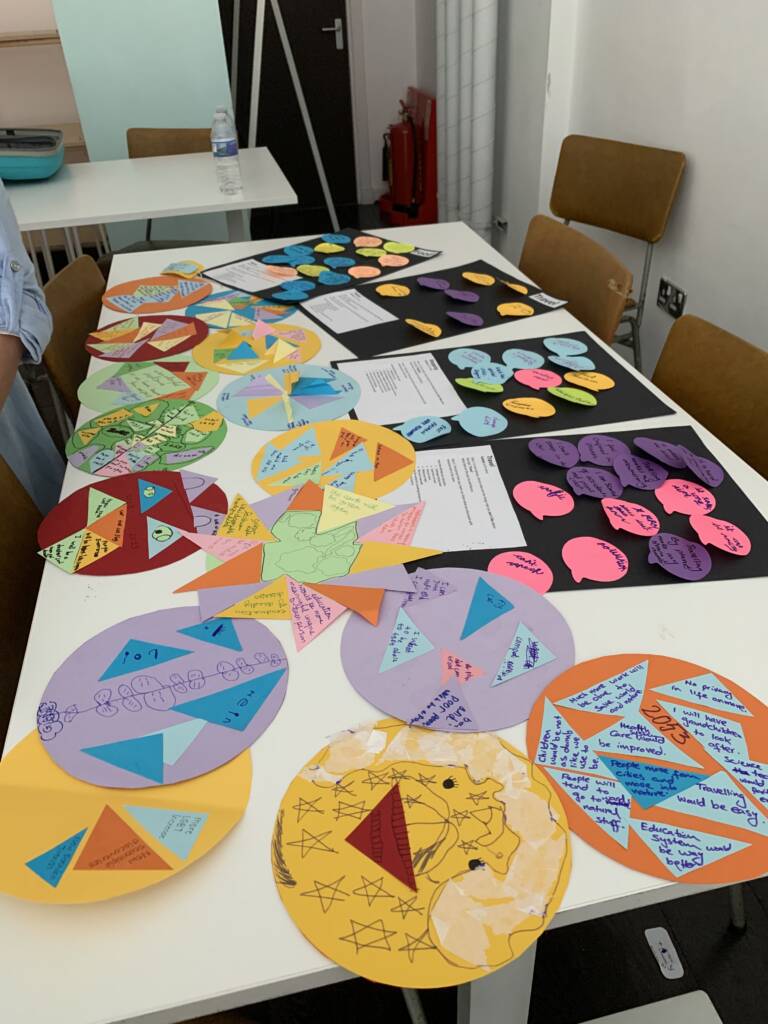
I’d never given a thought to the volume of resources that go into supplying the thousands of high street stores, the tons of shoes, clothes and accessories we love to buy. From the use of energy for manufacturing, to energy for transporting from factory to warehouses and then to shops. Then there was the waste. Generated scrap fabric, disposal of out-of-season clothes, and defective or damaged clothes.
It is obvious that almost all forms of transportation depend on fuel; once upon a time it was coal, now we have petrol, diesel, and more recently electricity. All of which affect the health of our earth in different ways.
The one closest to home for me is food. I was surprised to learn that the way a lot of foods are now grown and transported has cumulative adverse effects on the ozone layer.
When you grow up with humble means, you learn not to be wasteful. Thankfully my mother was a hard worker, and we never went to bed hungry. She did need to lay on the law about not being wasteful with food. “Take only what you’ll finish” she’d say. With my kids, I am even more gung-ho because they are further removed from the reality of poverty I witnessed growing up. For me, it is inconceivable that you allow food to spoil then have to bin it or worse you bin good food ‘just because’. I have raised my children to appreciate the blessings of having a stacked pantry and full refrigerator.
So, when one of them went to work at a fast-food restaurant over the summer, on her first late-night shift her manager had instructed them to trash all the leftover food. I don’t recall how she ended up with a tray full of cooked chicken standing over a bin but she recounted that she simply could not bring herself to throw away food, particularly food that was perfectly ok.
It breaks my heart to know that this can be happening in a culture that’s supposed to care about its people. How can so much food end up in the bin, night after night across scores of similar restaurants when so many people go to bed hungry?
I quite understand that with food, there is a legislative process to abide by before you can make it available to the public. Surely it can’t be that hard to find a way to bridge the gap between those that have excess food from daily sales to people who would be grateful for just one decent meal a day.
And guess what? Food waste is also a problem for our environment. All the food waste from our homes, restaurants, hotels, is part of the strain on our climate.
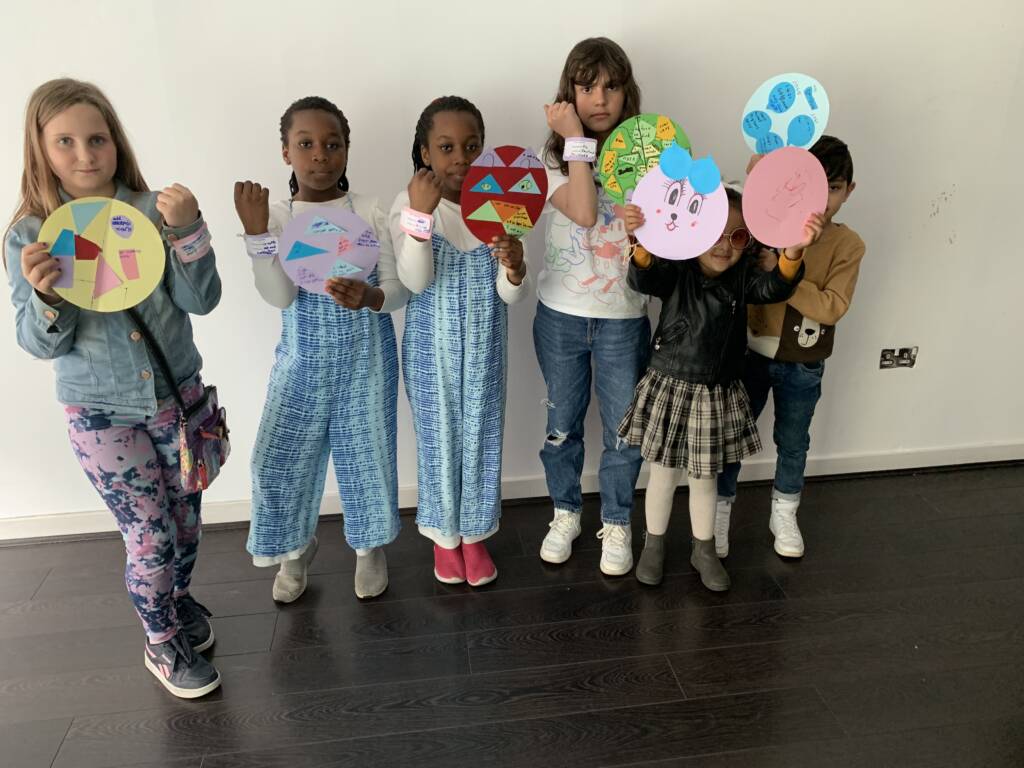
Our hope for the future was rekindled when our facilitator asked us to reimagine a future with what we wanted.
“Thirty years from now in 2053, what would you love to see in the world?”
And finally, we made individual hand bands that said what superpower we’d have and why we want that superpower.
If I could have superpowers, I’d make sure no one goes to bed hungry, and no food goes to waste. I’d have my own live-in chef who uses herbs from my organic garden to cook sumptuous meals and just for kicks, teleportation so I can travel without the use of energy sources that damage the Earth!
Wuraola Young specializes in helping individuals achieve their most important goals. She has an MSc in Psychology from the University of Dundee, a background in Neuro-Linguistic Programming, and proficiency in Subconscious Remapping. Read more from Wuraola.
CULTIVATE is a Culture Collective leadership programme led by Creative Dundee. The programme works with local creative practitioners to place creativity at the heart of climate justice, developing action with communities across the Tay region. Discover more about CULTIVATE and meet our second cohort of Creative Practitioners.

If you would like to support us in creating even better content, please consider joining or supporting our Amps Community.